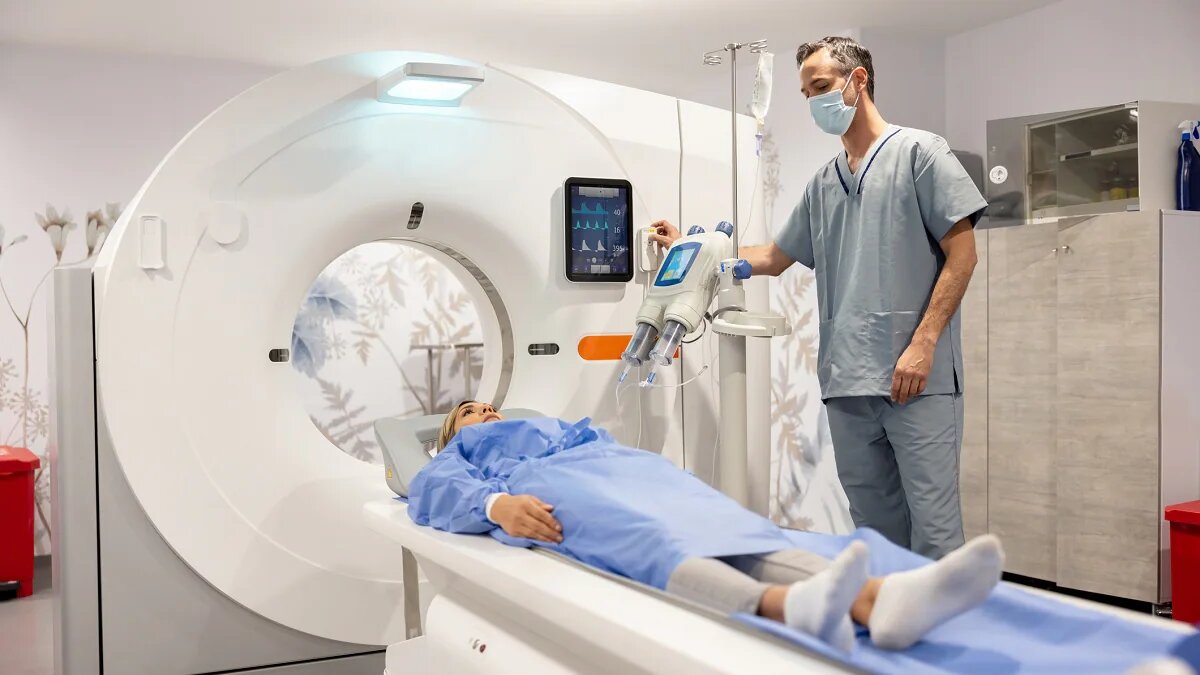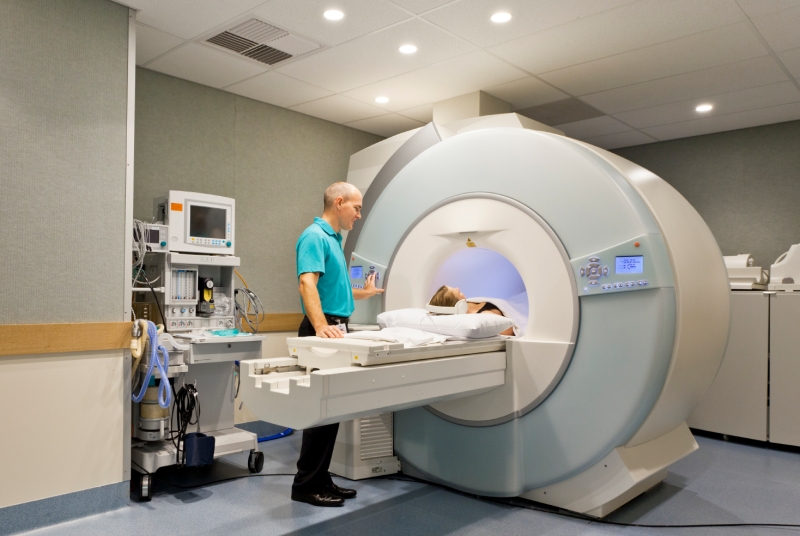Cancer, a complex disease characterized by the abnormal growth and spread of cells, is a significant global health concern. Early detection and timely cancer diagnosis and treatment are crucial in improving outcomes and enhancing the quality of life for individuals diagnosed with cancer. In this comprehensive guide, we will delve into the intricacies of cancer diagnosis and treatment, exploring the various options available and the importance of seeking professional medical advice.
The Power of Early Detection
When cancer is caught early, it’s often smaller and less likely to have spread. This means treatment is usually less invasive and more effective. Early detection can also lead to a better quality of life and a higher chance of complete recovery.
The Diagnosis Process
Symptoms and Concerns
Recognizing early signs and symptoms of cancer is essential.
Common symptoms may include unexplained weight loss, fatigue, persistent pain, changes in bowel or bladder habits, unusual bleeding or discharge, lumps or thickening in the breast or elsewhere, and persistent hoarseness or cough.
If you experience any of these symptoms, it’s crucial to consult a healthcare professional for evaluation.
Medical History and Risk Factors
A thorough medical history is collected to identify potential risk factors for cancer, such as family history, lifestyle choices, and previous medical conditions.
Understanding personal risk factors can help guide diagnostic testing and preventive measures.
Physical Examination
A physical examination is conducted to assess for any abnormalities or signs that may indicate cancer.
This may involve feeling for lumps, examining the skin, and assessing vital signs.
Imaging Tests
Imaging tests, such as X-rays, CT scans, MRIs, and ultrasounds, are often used to visualize the body’s internal structures and detect any abnormalities.
These tests can help identify the location, size, and extent of a tumor.
Laboratory Tests
Blood tests and other laboratory examinations may be ordered to evaluate blood cell counts, check for tumor markers, and assess overall health.
Biopsy: If suspicious findings are identified, a biopsy may be necessary to obtain a tissue sample for microscopic examination. This is the definitive way to diagnose cancer.

Types of Cancer
Cancer can affect various organs and tissues in the body. Some common types of cancer include:
Breast cancer
Prostate cancer
Lung cancer
Colon cancer
Skin cancer (e.g., melanoma)
Blood cancers (e.g., leukemia, lymphoma)
Brain cancer
Staging Cancer
Once a cancer diagnosis is confirmed, the stage of the cancer is determined. Staging helps assess the extent of the tumor, the involvement of nearby lymph nodes, and the presence of distant metastases. The staging system varies depending on the type of cancer.
Treatment Options
The choice of treatment for cancer depends on several factors, including the type of cancer, stage of the disease, the patient’s overall health, and personal preferences. Common treatment options include:
Surgery
Surgery is often used to remove the tumor or cancerous tissue.
Depending on the type of cancer and stage, surgery may be curative or used to control the disease.
Radiation Therapy
Radiation therapy uses high-energy rays to kill cancer cells.
It can be administered externally or internally, depending on the location of the tumor.
Chemotherapy
Chemotherapy uses medications to destroy cancer cells.
It can be administered intravenously or orally.
Targeted Therapy
Targeted therapy uses drugs that specifically target cancer cells without harming healthy cells.
Immunotherapy
Immunotherapy helps the body’s immune system fight cancer cells.
Hormonal Therapy
Hormonal therapy is used for cancers that are fueled by hormones, such as breast and prostate cancer.
Supportive Care
Supportive care focuses on managing symptoms, improving quality of life, and addressing the physical, emotional, and social challenges associated with cancer.
Clinical Trials
Clinical trials offer patients the opportunity to participate in research studies that evaluate new treatments or therapies. These trials may provide access to innovative treatments and contribute to advancing cancer research.
Coping with Cancer
Early detection of cancer diagnosis can be emotionally overwhelming and stressful. It’s important to seek emotional support and develop coping strategies. Talking to friends, family, or a mental health professional can be beneficial. Consider joining support groups or exploring relaxation techniques, such as meditation or yoga.
Conclusion
Early detection and appropriate treatment are crucial in improving outcomes for individuals diagnosed with cancer. Understanding the cancer diagnosis and treatment process, as well as the importance of seeking professional medical advice, is essential. By staying informed and accessing quality care, individuals can navigate the challenges of cancer and work towards a positive outcome. Learn more about cancer diagnosis through www.who.com

